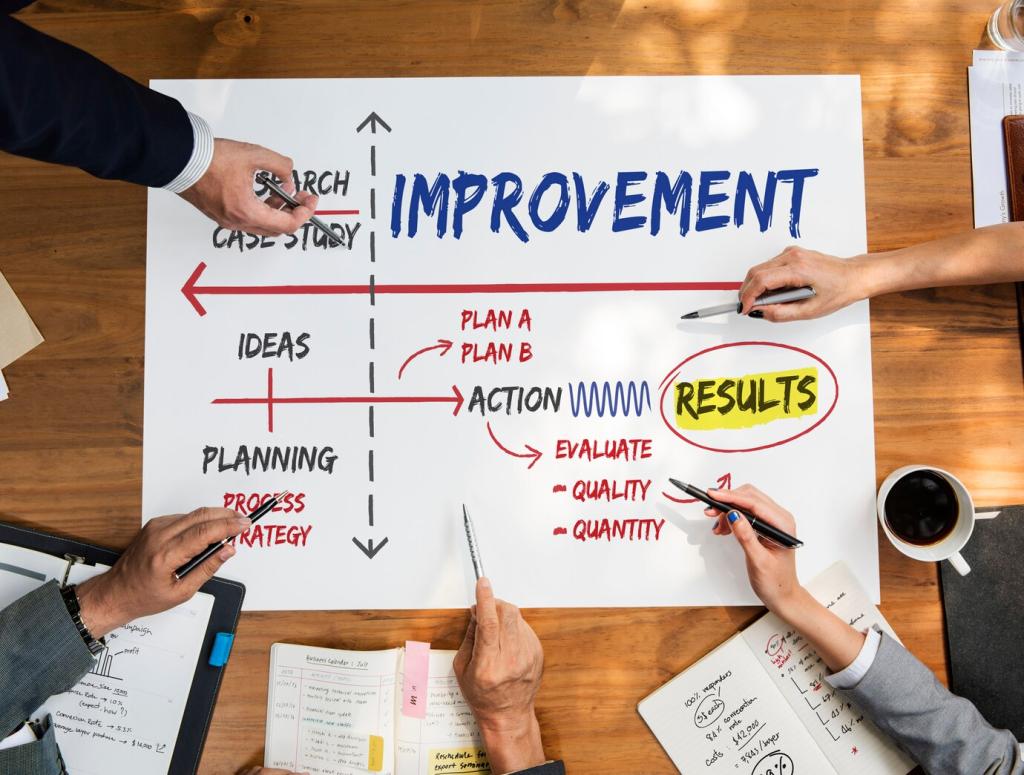
Resilience Strategies from a Personal Growth Coach
Unlocking your inner strength and bouncing back from adversity is not just a skill but a lifelong practice. As a personal growth coach, I believe that resilience is rooted in mindset, self-awareness, and purposeful action. This guide will explore eight core strategies, each with transformative blocks designed to cultivate resilience, foster emotional intelligence, and empower you to thrive—no matter what life throws your way. Whether you’re navigating personal setbacks or professional challenges, these techniques offer practical guidance to help you develop the inner resources necessary for growth and fulfillment.
Understanding the Foundations of Resilience
Defining Resilience in Personal Growth
Resilience is not simply the ability to “bounce back” after hardship—it is a dynamic process that encompasses emotional flexibility, self-reflection, and a willingness to adapt. Personal growth coaches see resilience as a core competency that enables individuals to maintain purpose, hope, and creativity, even under duress. Understanding that resilience is cultivated over time can free you from self-judgment during difficult moments and encourage a gentle, growth-oriented perspective.
Internal versus External Influences
Both internal dispositions and external environments play key roles in shaping resilience. Internally, beliefs, thoughts, and emotional regulation form a foundation for how one responds to stress. Externally, supportive relationships and available resources can buffer the impact of adversity. Recognizing the interplay between these influences allows you to make empowered decisions about where to focus your growth efforts and which support systems to seek out.
The Connection Between Resilience and Self-Awareness
Self-awareness is the cornerstone of resilience because it enables you to recognize your responses to challenges and identify patterns that may not be serving you. Through increased awareness, you can shift from automatic, reactive behaviors to deliberate, empowered choices. This capacity for self-reflection opens the way for genuine growth and adaptive coping, both of which are essential for long-term resilience.

Previous slide
Next slide

Building Emotional Regulation and Awareness
The first step in emotional regulation is the ability to recognize and accurately name your feelings. Doing so transforms vague discomfort into concrete data you can work with. By labeling your emotions, you increase self-understanding and open the door to more deliberate and constructive responses, rather than impulsively reacting to stress.
Resilient individuals are skilled at pausing before acting, allowing emotions to inform rather than control their actions. This ability to respond rather than react separates emotionally intelligent people from those who feel perpetually overwhelmed. With practice, you can learn to use emotional cues as guidance, choosing empowering behaviors rather than succumbing to knee-jerk reactions.
Healthy emotional processing involves expressing and managing feelings constructively rather than suppressing or ignoring them. Techniques such as journaling, mindfulness, or engaging with supportive friends provide outlets for emotional release. Over time, these practices help you to move through adversity with greater ease, ultimately reinforcing your capacity for resilience.

Strengthening Social Connections and Support Systems
Belonging to a supportive community boosts resilience by providing a sense of connection and validation. Whether through friends, family, or shared-interest groups, these networks remind you that you’re not alone in your struggles. Engaging with community can also expose you to diverse perspectives and coping strategies, broadening your own toolkit for resilience.
Practicing Mindfulness and Present Moment Awareness
Grounding in the Present
By focusing your awareness on the here and now, you interrupt the cycle of stress and anxiety that often accompanies uncertainty. Grounding techniques—such as conscious breathing or sensory observation—empower you to remain calm and centered amidst chaos, making it easier to approach challenges with a clear mind and steady heart.
Observing Thoughts Without Judgment
Mindfulness teaches you to notice passing thoughts and emotions without latching onto judgment or criticism. This nonjudgmental stance reduces self-blame and provides perspective, so you can step back and assess situations with greater objectivity. Over time, this leads to more resilient thought patterns and healthier emotional responses.
Integrating Mindfulness into Daily Life
You don’t need to meditate for hours to benefit from mindfulness. Incorporating brief, intentional moments of awareness throughout your day—whether during meals, exercise, or conversations—gradually retrains your mind. As mindfulness becomes a habit, you’ll find it easier to remain resilient in high-pressure situations, drawing on your practiced ability to be present.
Setting Intentional Goals and Creating Purpose
Without a strong understanding of your core values, it’s easy to feel adrift during hardship. Take time to reflect on what truly matters to you—whether it’s integrity, compassion, or creativity. Aligning your actions with your values lays a solid foundation for resilience, allowing you to persist through challenges with greater clarity and conviction.
Previous
Next
By changing how you interpret challenges, you transform your experience of them. Reframing involves looking for the potential benefits, learning opportunities, or hidden gifts within obstacles. Over time, this mindset reduces fear and resistance, making setbacks feel less threatening and more manageable.


Prioritizing Physical Wellness
Your ability to handle stress and recover from setbacks is directly influenced by your physical well-being. Adequate sleep, nutrition, exercise, and hydration form the baseline for resilience. Taking care of your body not only fuels mental clarity and emotional stability but also signals to yourself that you are worthy of investment and care.

Addressing Mental and Emotional Health
Daily practices that support mental and emotional health—such as mindfulness, therapy, or creative expression—are vital components of resilience. Committing to mental wellness isn’t selfish; it’s foundational. By proactively tending to your emotional landscape, you bolster your overall capacity to recover from adversity and maintain a positive outlook.
